
The agricultural industry stands on the precipice of a technological revolution that promises to reshape the way we produce food. Traditional farming methods are being augmented and, in some cases, replaced by innovative technologies. As we look ahead to 2024 and beyond, these advancements will play an increasingly crucial role in making agriculture more sustainable, efficient, and productive. In this article, we will delve into the extraordinary developments that are transforming agriculture in the 21st century.
What Is Agriculture Technology?
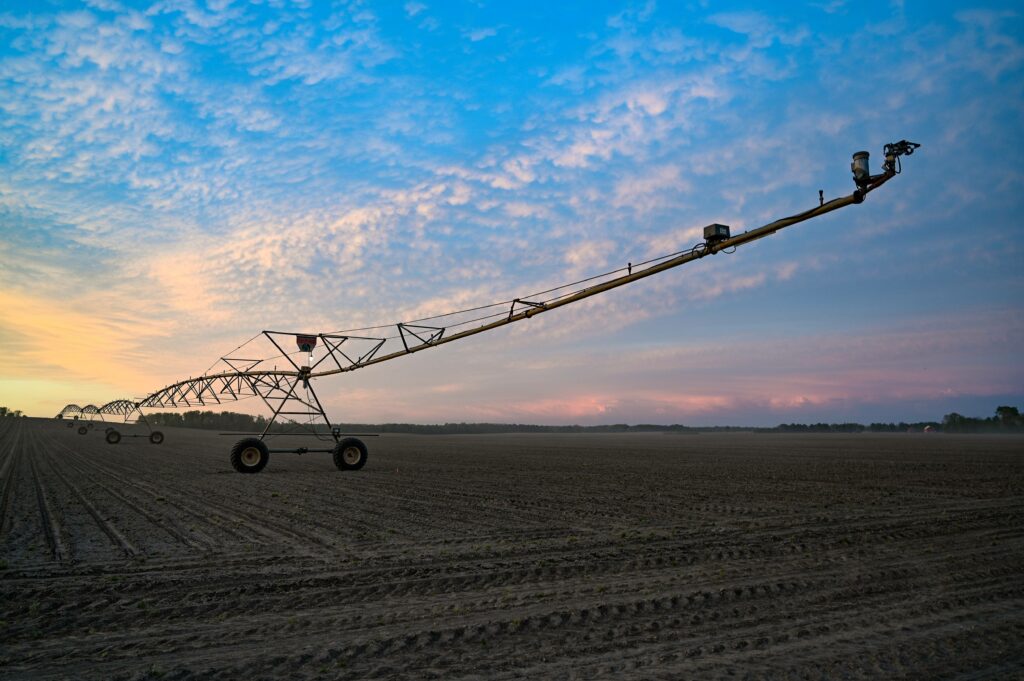
Agricultural technology, commonly known as agtech, represents a dynamic field that spans a vast array of innovations and tools meticulously engineered to usher in an era of unprecedented efficiency, sustainability, and productivity within the realm of farming practices. As we step into 2024 and beyond, this domain stands at the forefront of technological progress, undergoing rapid advancements that have the potential to completely reshape the agriculture industry as we know it.
Impact Of Agriculture Technology
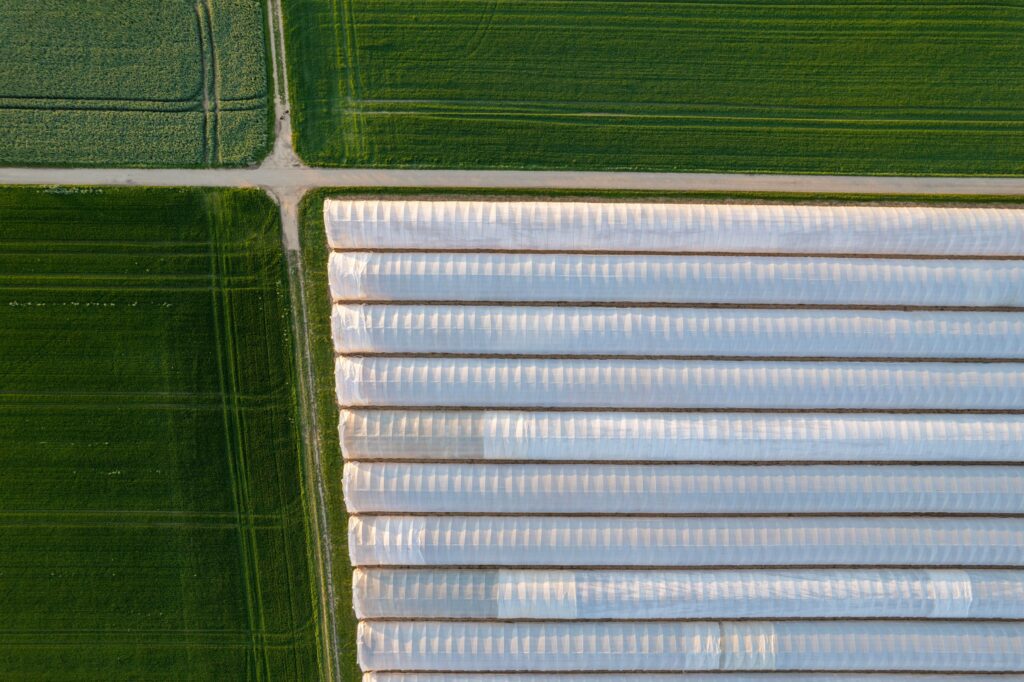
The significance of technology in agriculture cannot be overstated:
- Increased Productivity: Agricultural technology allows farmers to produce more food with fewer resources. Precision agriculture, for instance, helps optimise resource allocation, leading to higher yields and profitability.
- Sustainability: Technology enables sustainable farming practices by reducing the use of chemicals, water, and energy. This minimises the environmental impact of agriculture and conserves natural resources.
- Food Security: With a growing global population, advanced agricultural technologies are essential to meet the rising demand for food. These innovations help ensure a stable and sufficient food supply.
- Resilience: Climate change poses significant challenges to agriculture. Technology allows farmers to adapt by predicting weather patterns, optimising planting times, and developing resilient crop varieties.
The agricultural landscape is evolving into a data-driven, sustainable, and highly efficient domain, thanks to cutting-edge technologies and innovative farming practices. We will delve into a comprehensive examination of these technologies and the progressive farming practices that are shaping the future of agriculture.
Precision Farming: Data-Driven Future
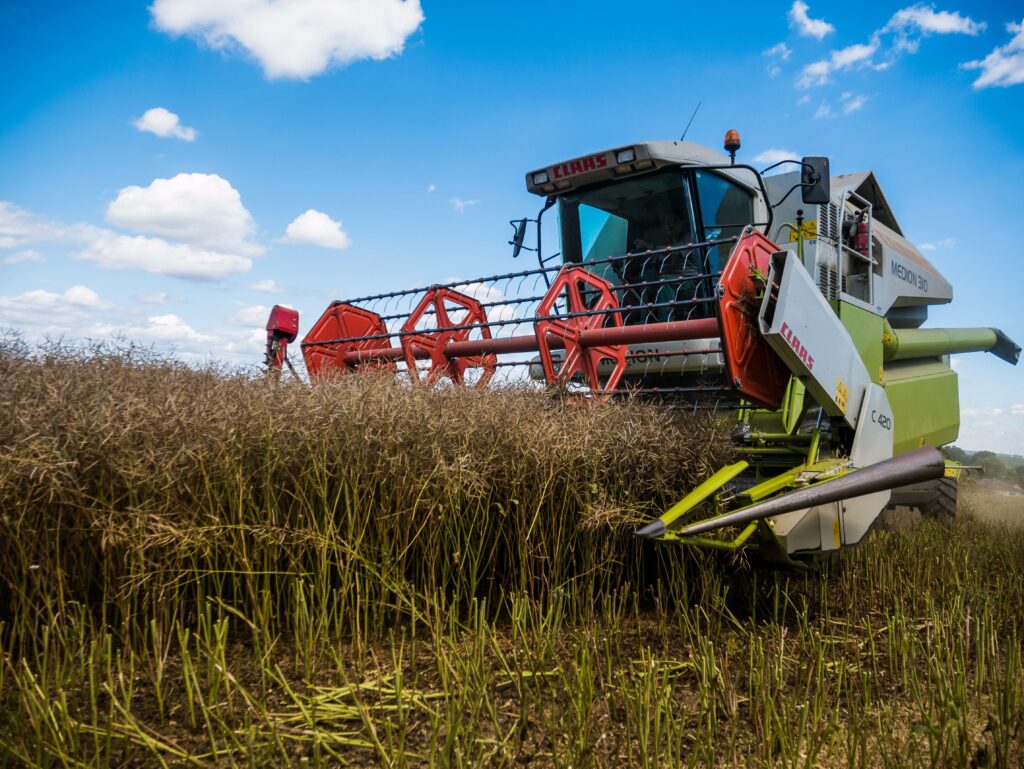
Precision Farming Technologies
Precision farming leverages cutting-edge technology to bring a new level of accuracy to agriculture. GPS-guided tractors, drones, and sensors are at the forefront of this movement. These technologies enable farmers to make data-driven decisions. For instance, GPS-guided tractors can follow pre-programmed routes with centimetre-level accuracy, optimising planting, fertilisation, and harvesting processes. Sensors measure soil conditions, allowing farmers to tailor their irrigation and fertilisation strategies to the specific needs of each field.
Benefits of Precision Farming
The advantages of precision farming are manifold. It reduces resource wastage by precisely targeting inputs, leading to cost savings and environmental benefits. By monitoring crop health in real-time, farmers can detect and address issues early, preventing yield losses. Ultimately, precision farming maximises yields while minimising the risk of biodiversity loss.
Artificial Intelligence (AI) and Machine Learning
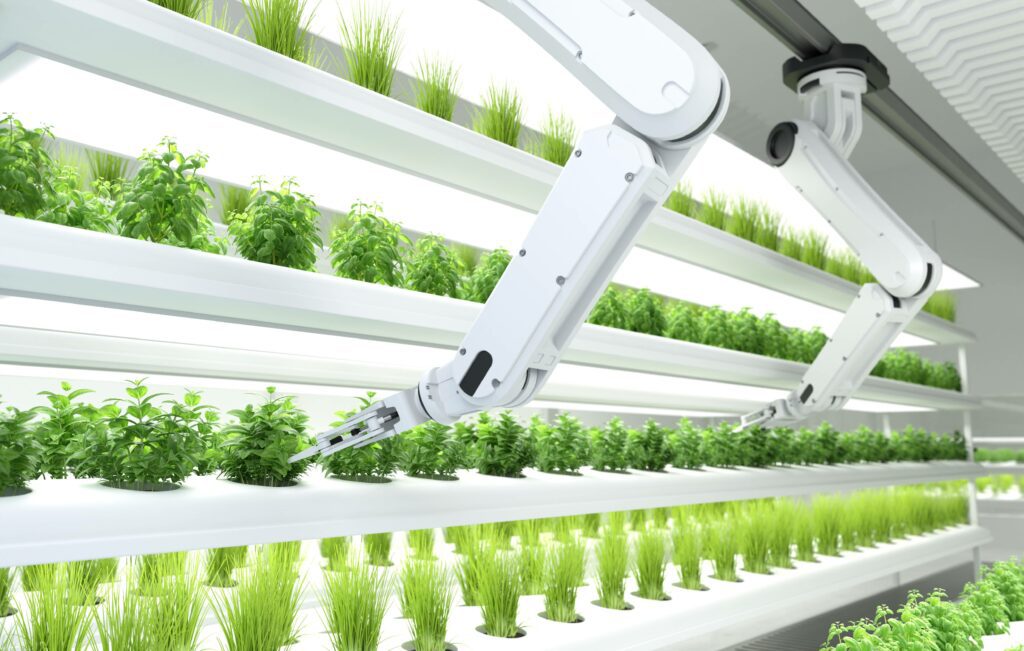
AI in Agriculture
AI and machine learning are transforming agriculture into a data-driven industry. These technologies can analyse vast datasets, including weather patterns, soil quality, and crop health. By processing this information, AI systems can provide farmers with real-time insights and recommendations.
Benefits of AI in Agriculture
The benefits of AI in agriculture extend to improved resource management. AI can optimise planting schedules based on weather forecasts, recommend precise irrigation schedules, and even automate tasks like harvesting and weeding. As AI systems continue to learn and adapt, their contributions to agriculture are expected to grow exponentially.
Robotics and Automation: Labour-Saving Innovations
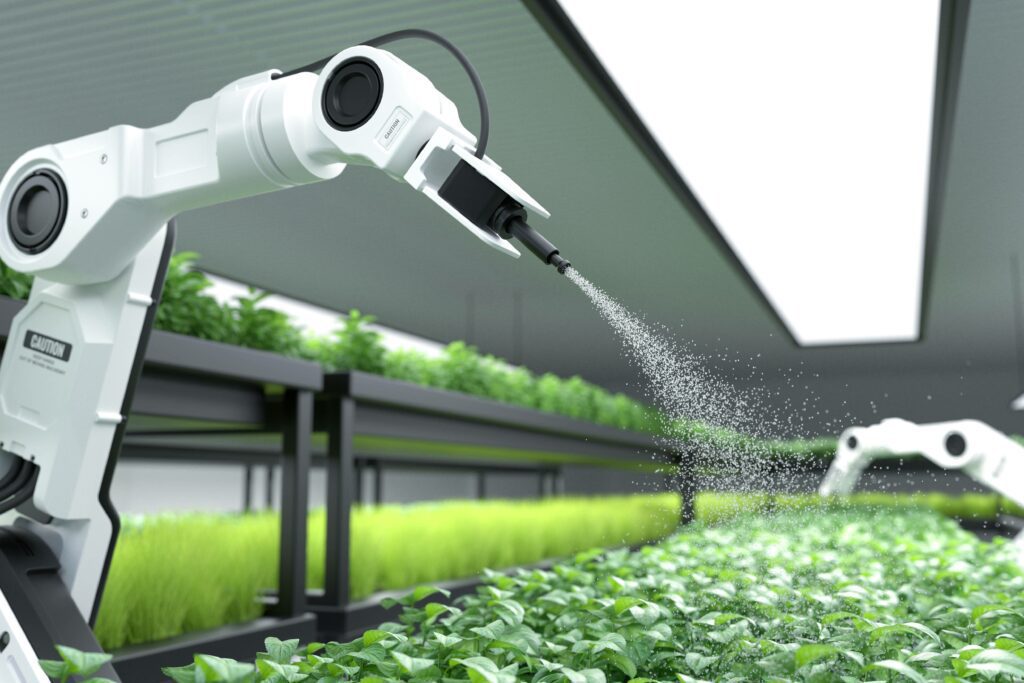
Role of Robots on Farms
Robots are revolutionising agriculture by taking over labour-intensive tasks. Autonomous tractors and harvesters can operate around the clock, optimising planting and harvesting schedules.
Benefits of Agricultural Robots
The innovation of robotics and automation lead to substantial labour savings and greater consistency in farming operations. Additionally, some agricultural robots collect valuable data on crop and soil conditions, enabling data-driven decision-making for improved crop health and resource management.
Sustainable Farming Practices: Greening Agriculture
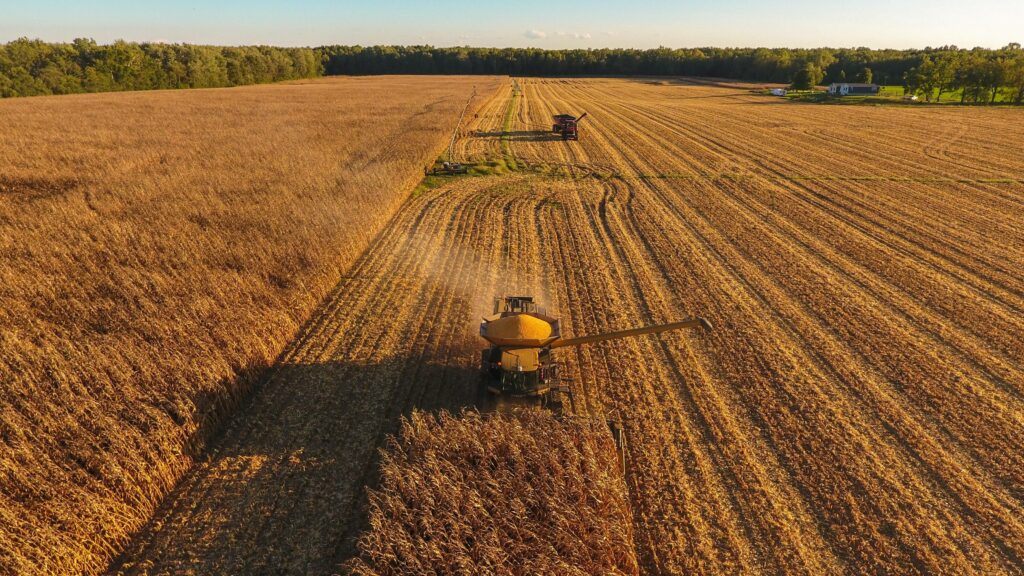
Regenerative Agriculture
Sustainability is no longer a buzzword in agriculture; it’s a fundamental requirement. Regenerative agriculture practices focus on rebuilding soil & plant health, reducing carbon emissions, and promoting biodiversity. No-till farming, which minimises soil disturbance, cover cropping, and crop rotation are key components of this movement.
Sustainable Farming Techniques
Biostimulants are key to the future of sustainable farming. Biostimulants are solutions applied to plants that will stimulate the natural plant processes. They enhance nutrient uptake so fewer nutrients are lost to the environment. This enhanced uptake produces higher quality crops with an increase in marketable yield. Biostimulants have been proven to increase tolerance mechanisms that help plants cope with abiotic stresses like extreme drought, extreme heat and cold, and salinity in irrigation systems and in the soil. They help the plant tolerate the stress while also recovering faster when the period of stress has subsided. This is hugely beneficial to growers worldwide at a time when our climate and weather conditions are less predictable.
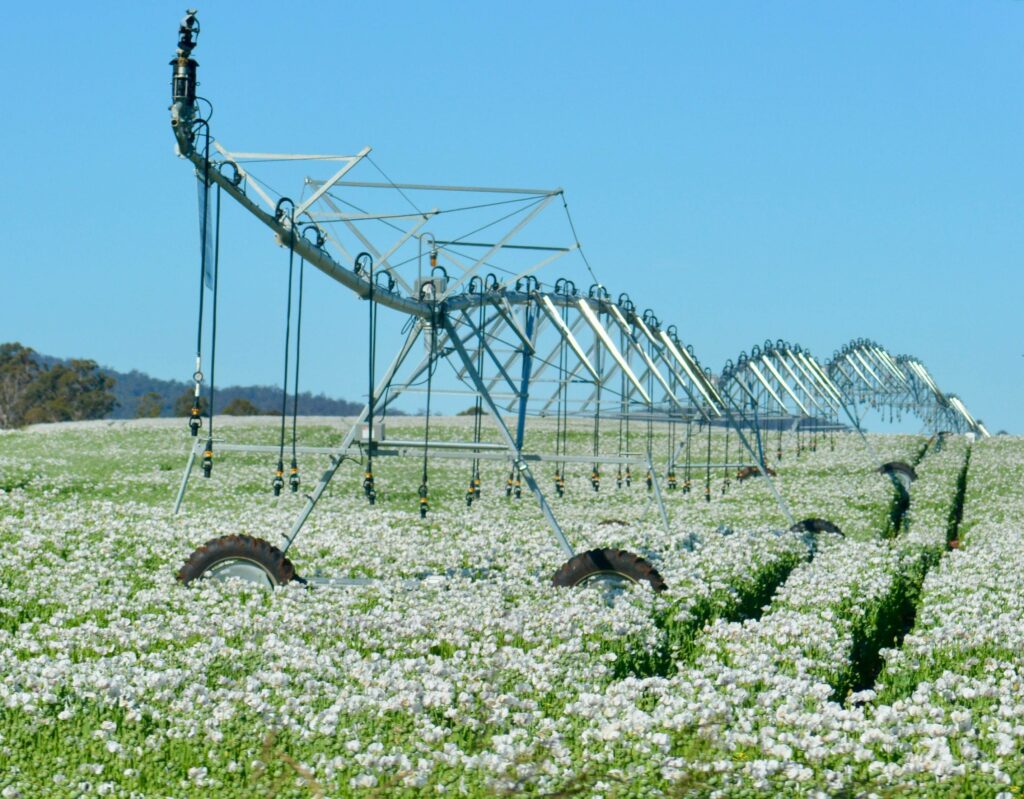
As we look forward to 2024 and beyond, agriculture will be driven by cutting-edge technologies and innovative farming practices. These advancements are not only improving efficiency and productivity but also addressing the climate crisis.
Brandon Bioscience, a leading agriculture technology company, is at the forefront of sustainable innovation. We are dedicated to reducing our carbon footprint across our entire supply chain, from production sites to packaging materials and global distribution methods. Brandon Bioscience’s commitment to sustainability aligns with the industry’s evolving landscape, which is increasingly data-driven. Brandon Bioscience is helping to ensure a prosperous and sustainable future for agriculture, one that nourishes a growing global population while safeguarding our planet.

